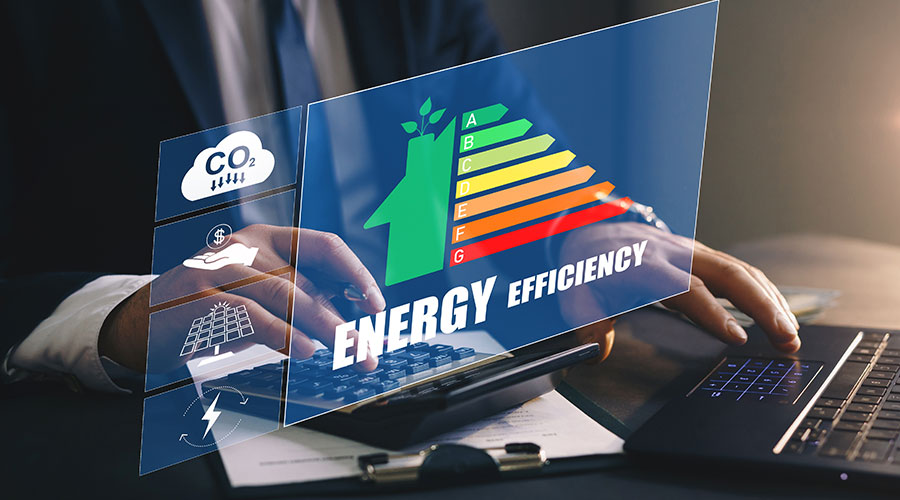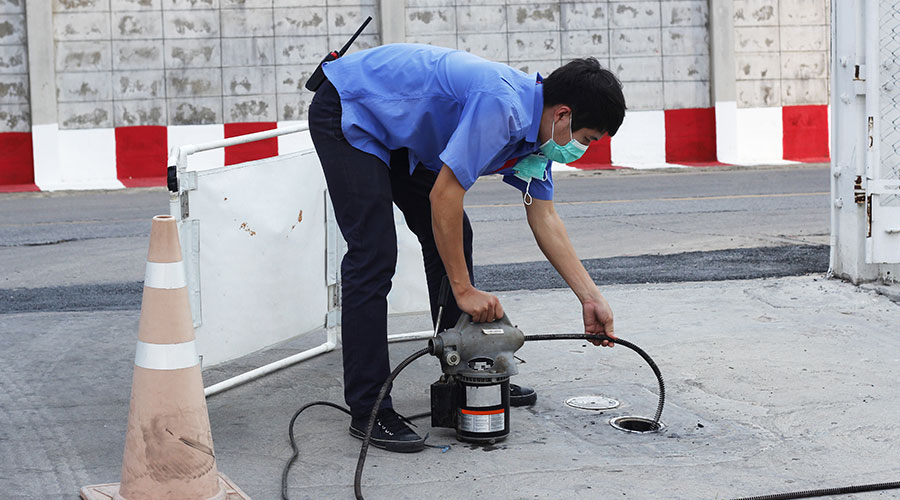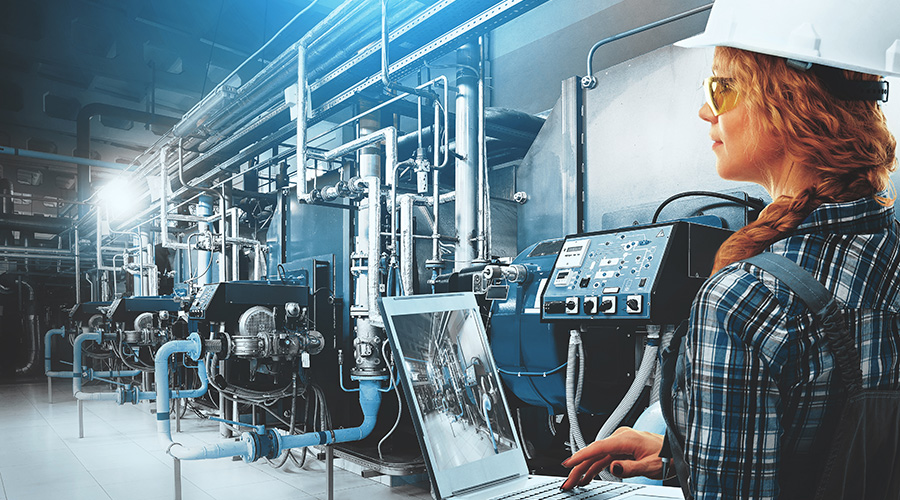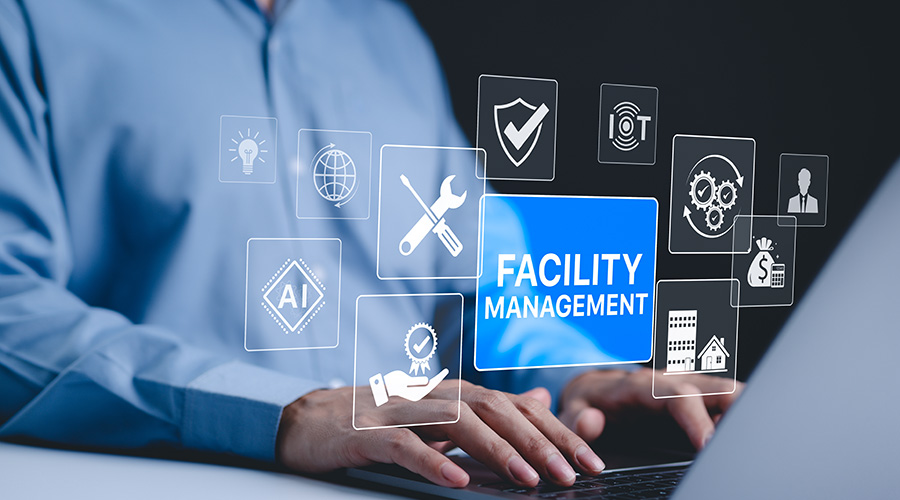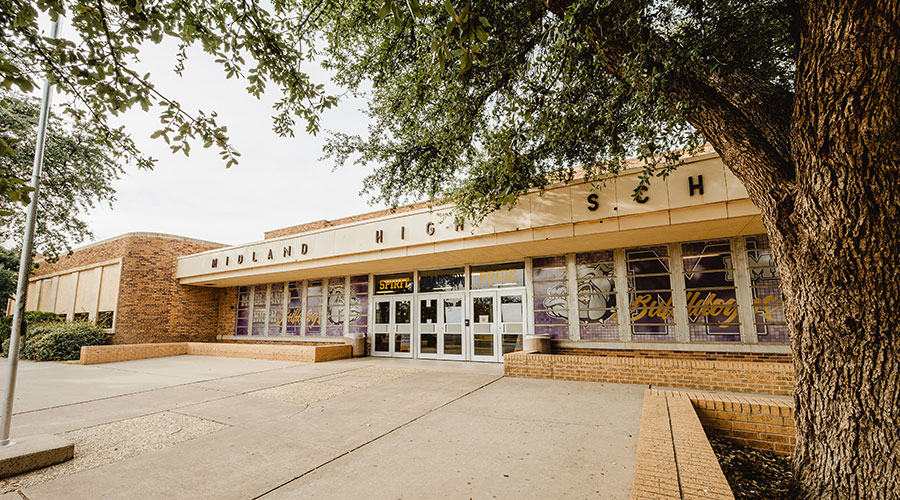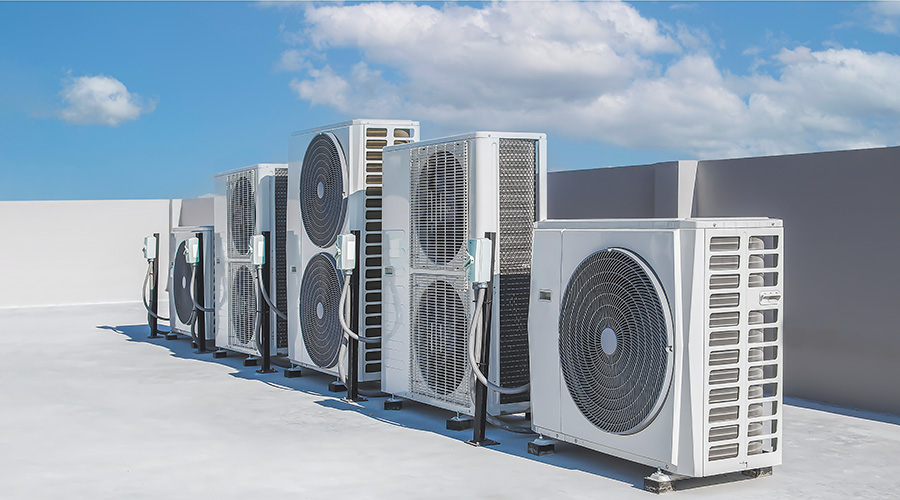Plenty of Options for Boiler and Water Heating Training Programs
Just as there is a range of training formats available for boilers and water heaters, managers have options when it comes to program providers. Determining the most suitable provider for the facility depends on the manager's goals. For example, a number of different providers, such as those who conduct seminars or have on-line programs, can handle refresher training on the basics of boiler and water heater operations.
More specific training, such as would be required to learn the details of operating and maintaining an advanced boiler-control system, are often best handled by training representatives from the manufacturer.
Managers can start the selection process by getting a list of references from the prospective vendor or provider and talking with people who actually went through the training to better understand their experiences.
For each program being evaluated, managers must consider a number of factors. If the program is held at a remote location, what are the travel costs? Can people attend different sessions, or will all operators and maintenance personnel have to attend the same sessions? How often does the provider offer the program?
If the program is to be held in the facility, what does it cost to bring in the trainers? Does the facility have the necessary space and equipment? Can managers honestly expect operators and maintenance personnel to attend the sessions without interruption or being called away for an emergency?
Evaluating Results
Managers can use two methods to assess the effectiveness of training for operators and technicians on boilers and water heaters. The first one is easy: Solicit feedback from program participants. Do they better understand the systems they operate and maintain? Did the program give them the tools they need to more readily identify and correct issues with those systems? Employees can provide that feedback within a few days of completing the training program.
The second assessment is not so easy, and managers will not be able to complete it until time has passed.
Essentially, it asks one question: What did my investment in training provide in return? To answer the question, managers will have to monitor the operation of the system for increased efficiency and reliability. Is there a measurable increase in the system's operating efficiency? If so, what does that translate to in terms of annual energy savings? Has there been a change in system uptime?
The answers to these questions will give managers the ammunition they need to justify this and other training programs.
James Piper, P.E., is a national consultant based in Bowie, Md., with more than 25 years of experience with facilities maintenance and management issues.
Related Topics:






